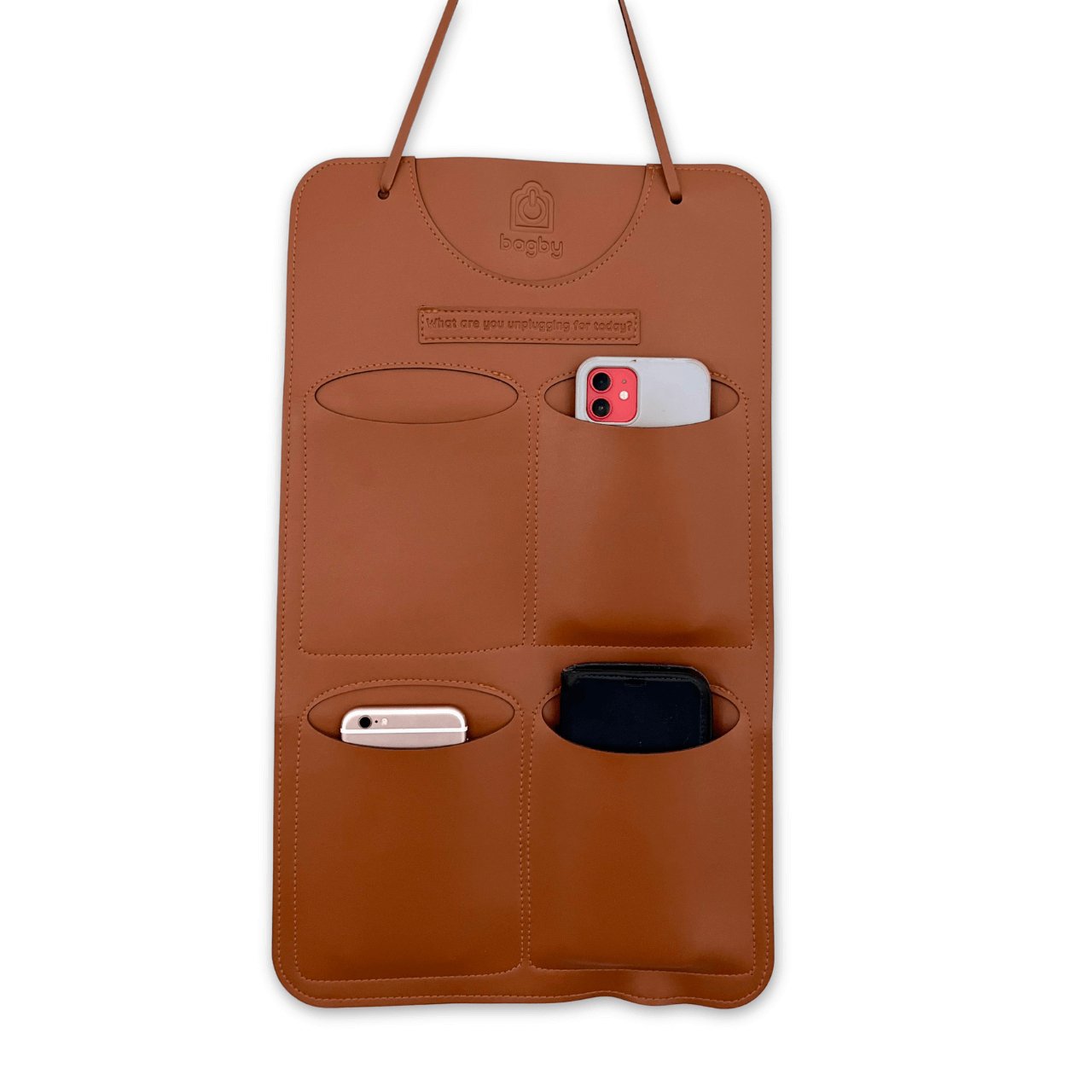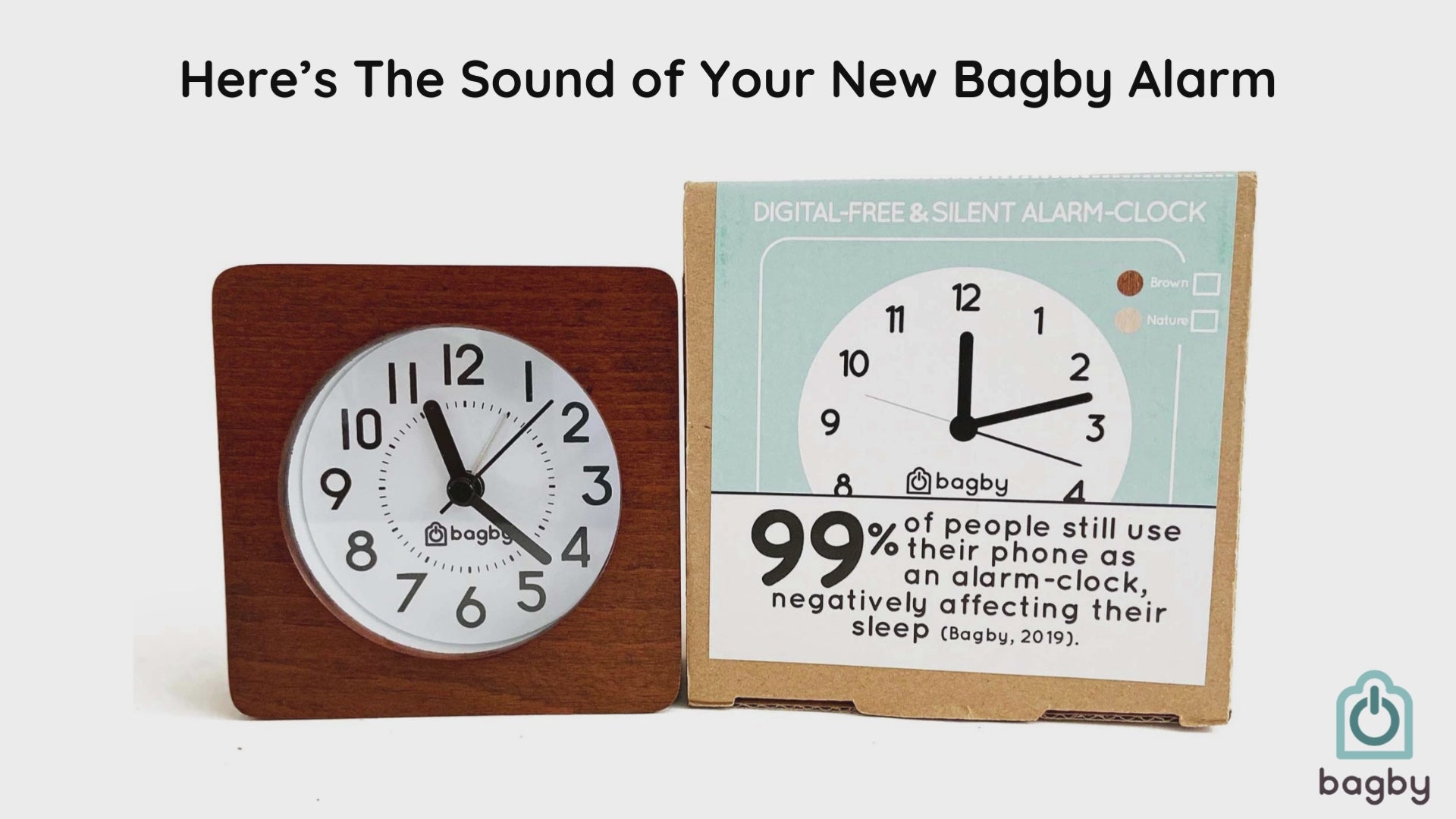According to a study published in 2021, the surge in Internet use during the COVID-19 has caused significant environmental impacts. The study states that global COVID-19 related Internet usage increases have a footprint of up to 3.2 million metric tons of CO2 emissions, 1.8 trillion liters of water, and 100 million ㎡ annually. In order to reduce your digital environmental footprint, the authors of the study advise small behavioral changes, such turning off video during a virtual meeting, reducing the quality of streaming services from high definition to standard definition, decreasing gaming time, limiting time on social media, deleting emails and unnecessary content on the cloud-based storage services, and unsubscribing from email lists. 
2. Buy Fewer Things Online and Less Often
The U.S. Census Bureau of the Department of Commerce reports that during 2020 alone, the total number of e-commerce sales were estimated at $791.7 billion, an increase of 32.4 percent from 2019, and accounted for 14% of total sales. While e-retail is certainly convenient, the more frequently you order things, the greater your carbon footprint will be, so be conscious of how often you shop online and what items you buy when you do. Consider consolidating your purchases and scale back in how often you make them.
3. Support Small, Local Businesses
After all, they need your patronage, especially during COVID-19. Also, when you buy local, it enhances the circulation speed of money in the community, as noted in a Time article. The article claims: “if currency circulates more quickly, the money passes through more hands—and more people have had the benefit of the money.” So, the next time you need to buy a gift for someone, consider buying from a local business and give them the support rather than a large corporation.

4. Start a Garden
Gardening is a great way to get outside and growing your own food has tremendous rewards. It may be challenging at times, but there is something special about knowing exactly where your food comes from and that you were a part of it. Also, consider composting so you’re able to repurpose some of your food waste into rich soil to help grow your plants.
5. Change Your Mindset: Repurpose Rather than Recycle
Data from the U.S. Environmental Protection Agency (EPA) asserts that of the total 292.4 million tons of municipal solid waste produced, more than 69 million tons were recycled in 2018. While recycling is a great thing to do, repurposing is even better. After paper and cardboard have been recycled several times, the fibers become too short to bond into new material. The next time you take your items to the recycling, consider repurposing some of them. Use scrap paper when you can. Print double-sided. Decorate your shipping boxes and use them the next time you send a gift.
Bagby is a small brand with a big impact. Our solutions are made from recycled, vegan and biodegradable materials and we are in the process of upgrading our packaging to reduce plastic by 90%. Additionally, we have partnered with platforms like Etsy and logistics companies to make our shipping supports verified "Emissions Reduction” projects, which support environmentally sound projects. We hope to become a Certified B Corporation—a type of business that balances purpose and profit—in the near future.
Author: Rebecca Cohen-Lindfors


















